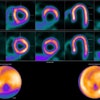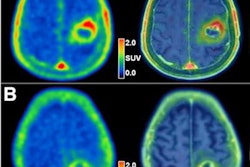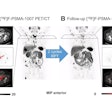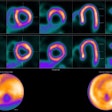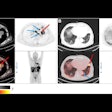Dear Molecular Imaging Insider,
Online training courses in radiation protection are proving particularly popular among nuclear medicine staff in Madrid. Most participants appreciate the flexible format and availability of accreditation, while educators find they have been able to expand the course contents and cover more topics.
How does the group organize the virtual scheme? You can find out in today's top article.
Our second story focuses on a new study conducted at LMU University Hospital in Munich, Germany. The authors found that PET helps clinicians predict survival outcomes for patients with brain tumors, and they published their findings on 3 August in the Journal of Nuclear Medicine.
Is it acceptable to communicate the results of Alzheimer's disease PET scans to patients without cognitive symptoms? Researchers from Amsterdam UMC have attempted to answer this difficult ethical question. Their analysis deserves a close look.
In other news, a group from Turku in Finland has used PET and functional MRI to discover more about male orgasms. Interestingly, the team found that orgasm led to increased opioid release in the medial temporal lobe, suggesting that in vivo endogenous opioid release may be raised in the male hippocampus after orgasm.
Another study has focused on the cost-effectiveness of prostate-specific membrane antigen PET/CT for primary staging. PET/CT scans in patients with prostate cancer can increase costs in both Europe and the U.S., yet these costs may be low compared with the potential expenses of an inaccurate diagnosis, the investigators reported.
These news items are just a sample of the material we've posted during the last month or so in the Molecular Imaging Community. See the full list below for all our recent coverage and contact me if you have ideas for future coverage.



